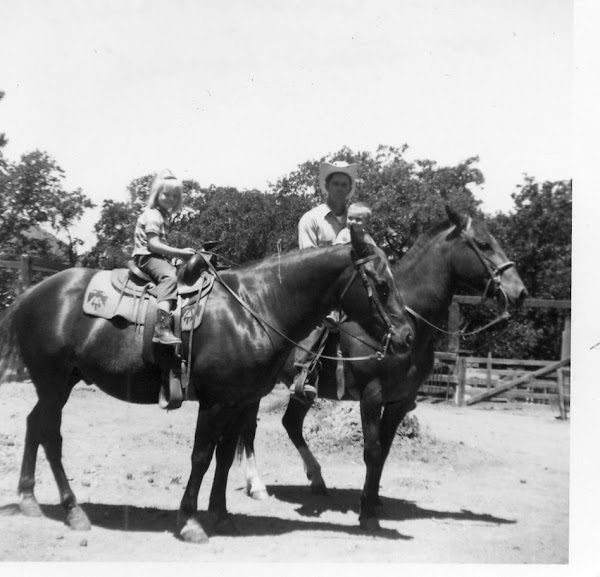
I don't HAVE Rabies, but it is a subject that seems to come up at this time of year.
Rabies is an acute viral disease affecting the central nervous system. It can be contracted from rabid animals, mostly skunks, foxes,raccoons and bats~ all animals that live everywhere in the United States. People can get rabies too, from contact with rabid animals or contact with an animal that has been in contact with a rabid animal. Bites are most common, but you need only come in contact with the saliva and I am told by my vet that this can also include watering troughs.

I never gave my horses Rabies vaccinations until about ten years ago, when I caught one of my horses following a skunk across the pasture with her nose right in his upraised tail! She didn't get rabies ( thankfully) but she did get a snootful of PHEW! It really brought home the fact that even though my horses were in pasture, and stalled at night, their watering trough was still outside in the corral and they still came in contact with animals everyday- weather I knew it or not- that had the potential for rabies. "Nuff said!"

Incidence of Rabies is on the rise and it is not uncommon for a pasture or stalled horse to be exposed. Most exposure is not noticed, and most bite wounds are low on the legs or muzzles and not found. Vaccines for the Rabies virus are NOT 100% effective, but 100% of the horses that get Rabies and have not been vaccinated die or are euthanized. Giving your horse a Rabies vaccine actually establishes an immune barrier between humans and wildlife. Humans do have the benefit of Rabies anti-serum , though painful and expensive. Vaccinations for your horses are still highly protective.

Do you know the signs for Rabies? They are not what you might expect! Although the 'classic' sign is foaming at the mouth and Hydrophobia (fear of Water), what they term 'furious' signs are really very uncommon in horses. More common are the Paralytic or 'dumb' signs. Horses often look dull, or depressed. They have weakness in their limbs, run a low grade fever, have increased sensitivity ( especially at the injury site), also some horses display anorexia. Sounds like a lot of other stuff huh? That is the reason why most horses that die unexpectedly should be tested for Rabies. That gives the owner of the horse time to get themselves tested in case the test comes back positive. Rabies has a very rapid progression- horses usually die within 3-5 days. If your horse is displaying signs that you fear are rabies, but it has been longer than five days, it is probably something else.
There is no Anti-serum for horses. If your horse has already been immunized then an immediate booster should be administered. Horses feared to have been exposed must be quarantined for 6 months. It pays to begin vaccinating your horses from the age of 3-4 months old, with annual boosters.
Spring and summer are coming, be sure your horses and donkeys are protected, as the animals that spread the virus are most active during those months.
Don't be sorry- be safe!

















